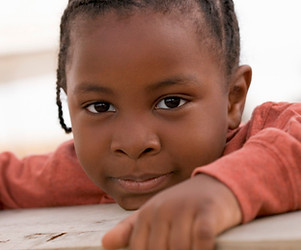Family Engagement

Importance of Understanding Temperament
Lily, Kate, Mackenzie, Alyssa
Understanding Your Child's Temperament

Helpful Books!
Peaceful Parent, Happy Kids: How to Stop Yelling and Start Connecting
By: Dr. Laura Markham
An insightful book about how to better control your emotions and form connections with your child to aid parenting without the use of bribes and punishments.
Daring Greatly: How the courage to be vulnerable transforms the way we live, love, parent and lead
By: Brené Brown
A book about how to use vulnerability as an asset to raise children who are courageous and handle conflict as opportunities.
Permission to Feel: Unlocking the Power Of Emotions to Help Our Kids, Ourselves and our Society Thrive
By: Marc Brackett
A book illustrating the importance of Emotional Intelligence and how the acronym R.U.L.E.R can help you thrive!
Helpful Websites!
Great Schools
School of Education Program
University of Nebraska



9 Basic Temperament Styles
Managing Student Behavior in the Modern Classroom.
What is Temperament?
This article explains 9 temperament traits such as:
- Sensitivity
- Activity Level
- Regularity
- Approach and Withdrawal
- Adaptability
- Mood
- Intensity
- Persistence
- Distractibility
This article explains some of the reasons behind why a student may act "difficult" in the classroom and how it has to do with a child's temperament and lifestyle at home. Some ways to help manage a classroom with different temperament styles include setting behavior expectations, using positive reinforcement, and staying sensitive to mental health challenges.
This is a quick and easy source from the University of Nebraska's College of Education and Health Sciences that explains the definition of temperament and what it looks like in young children. This source explains that there is no "good or bad" temperament in children, it just is important how their behavioral styles fit in to the classroom and that they are included.
Navigating Your Child's Temperament

Toddler Temperament Chart
You must understand a child's temperament if you want to understand their actions and reactions. If you can understand a child's temperament you can reach them more effectively.

The Four Temperaments
Understanding the four temperaments and what emotions can be found in each of them helps to better understand how to approach the child.

